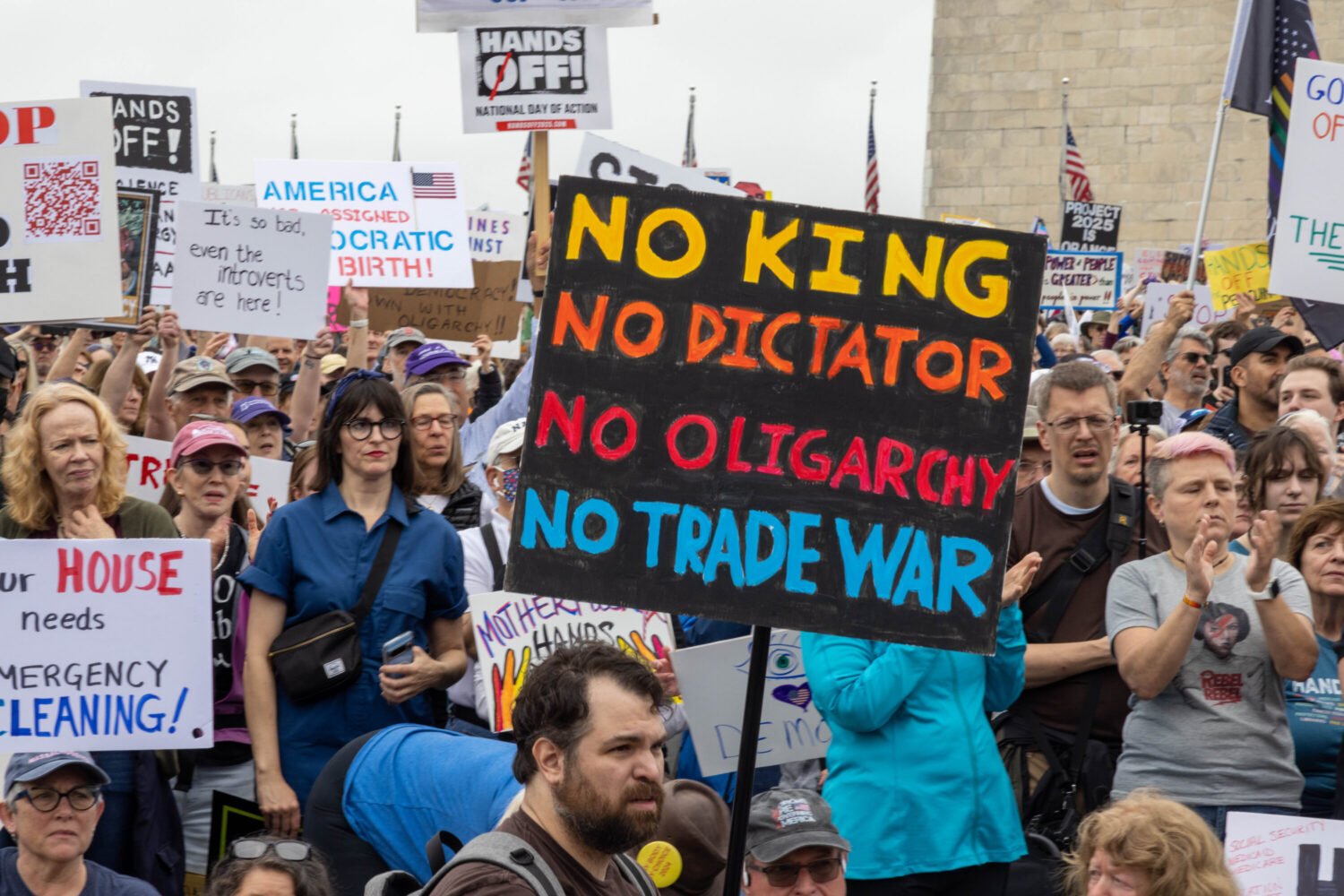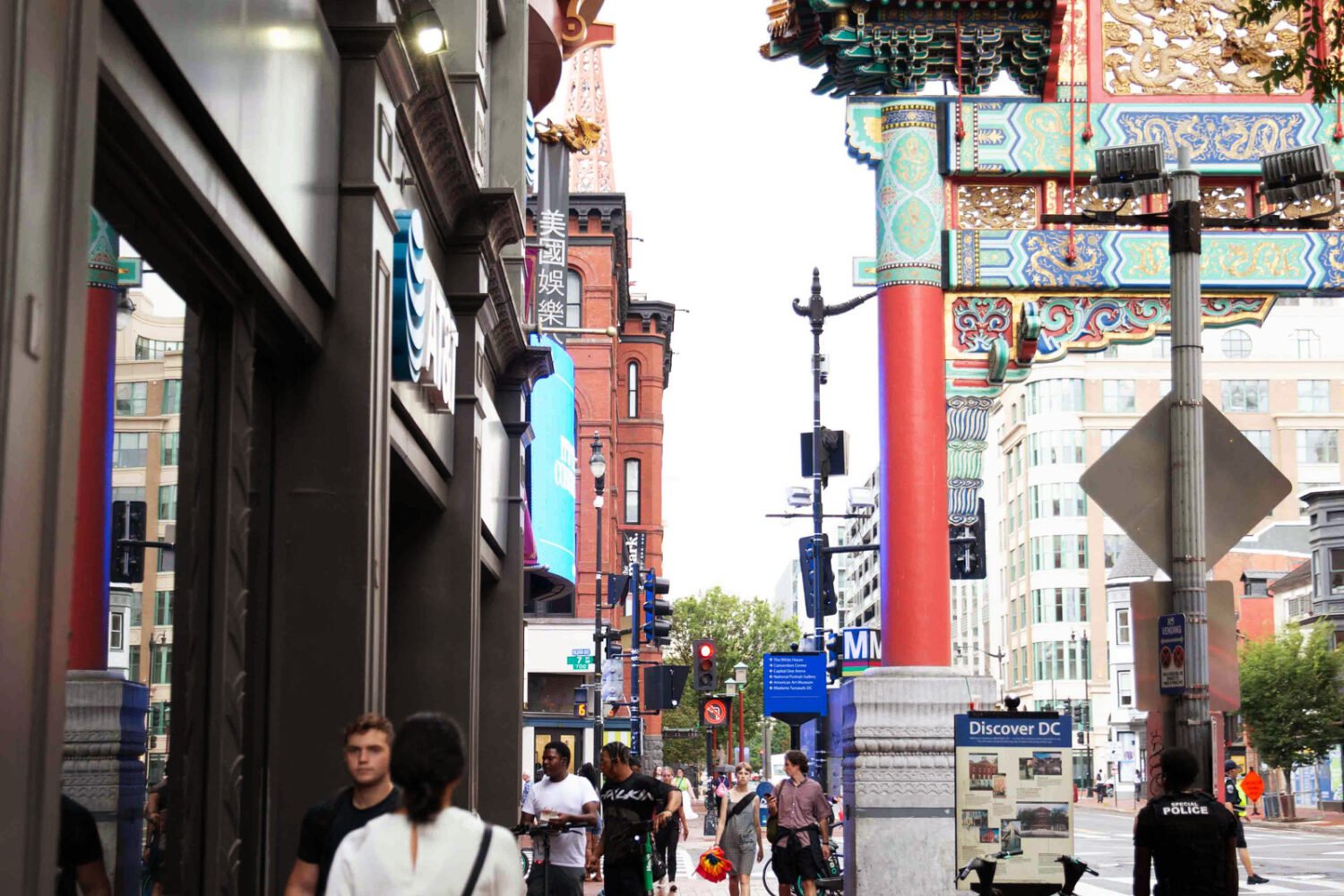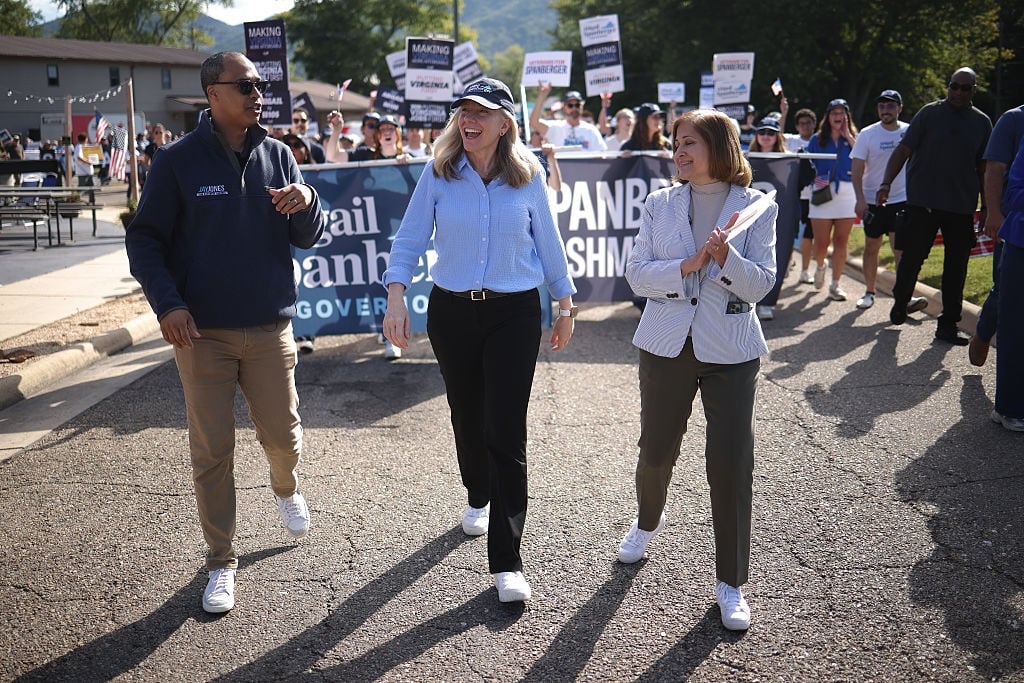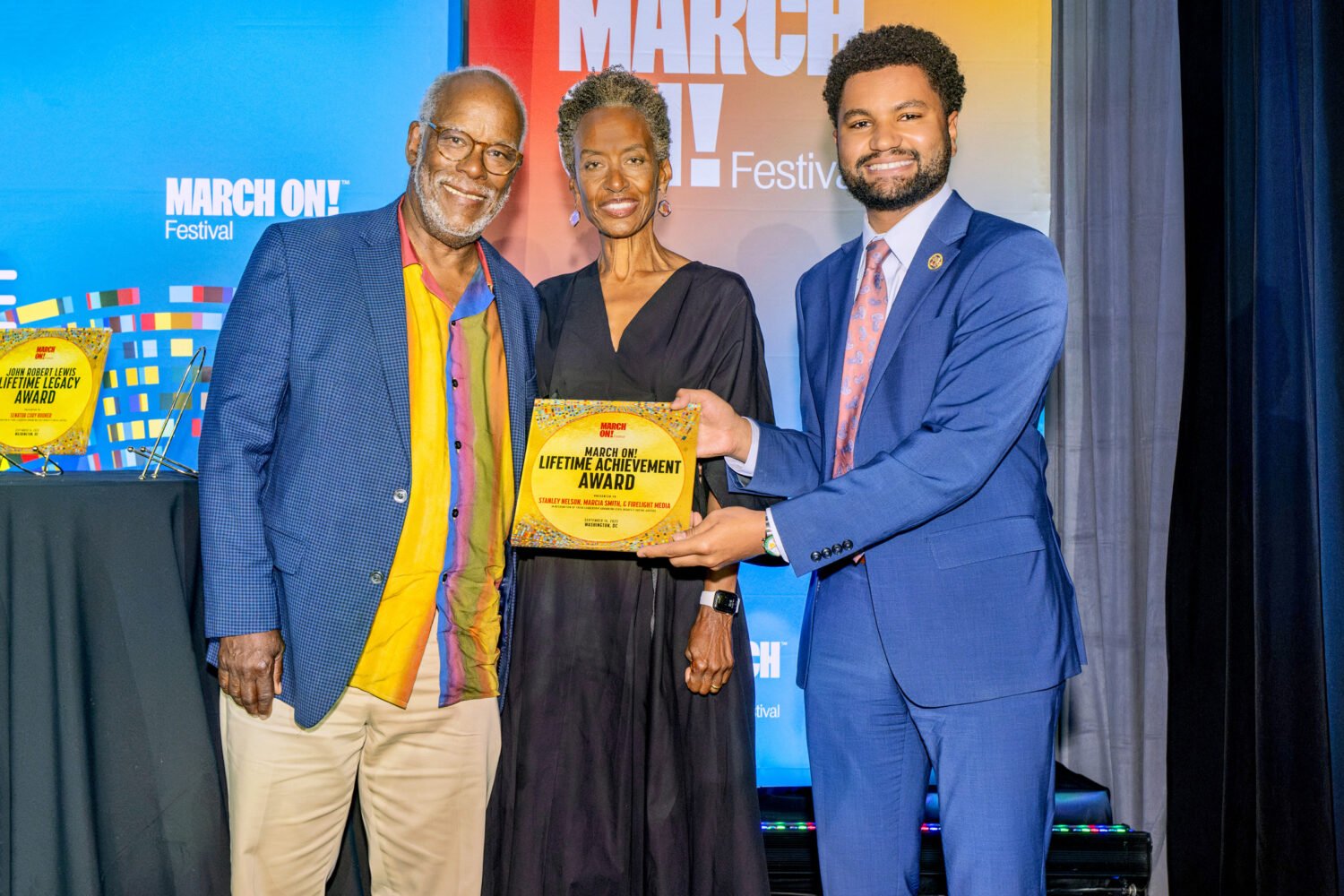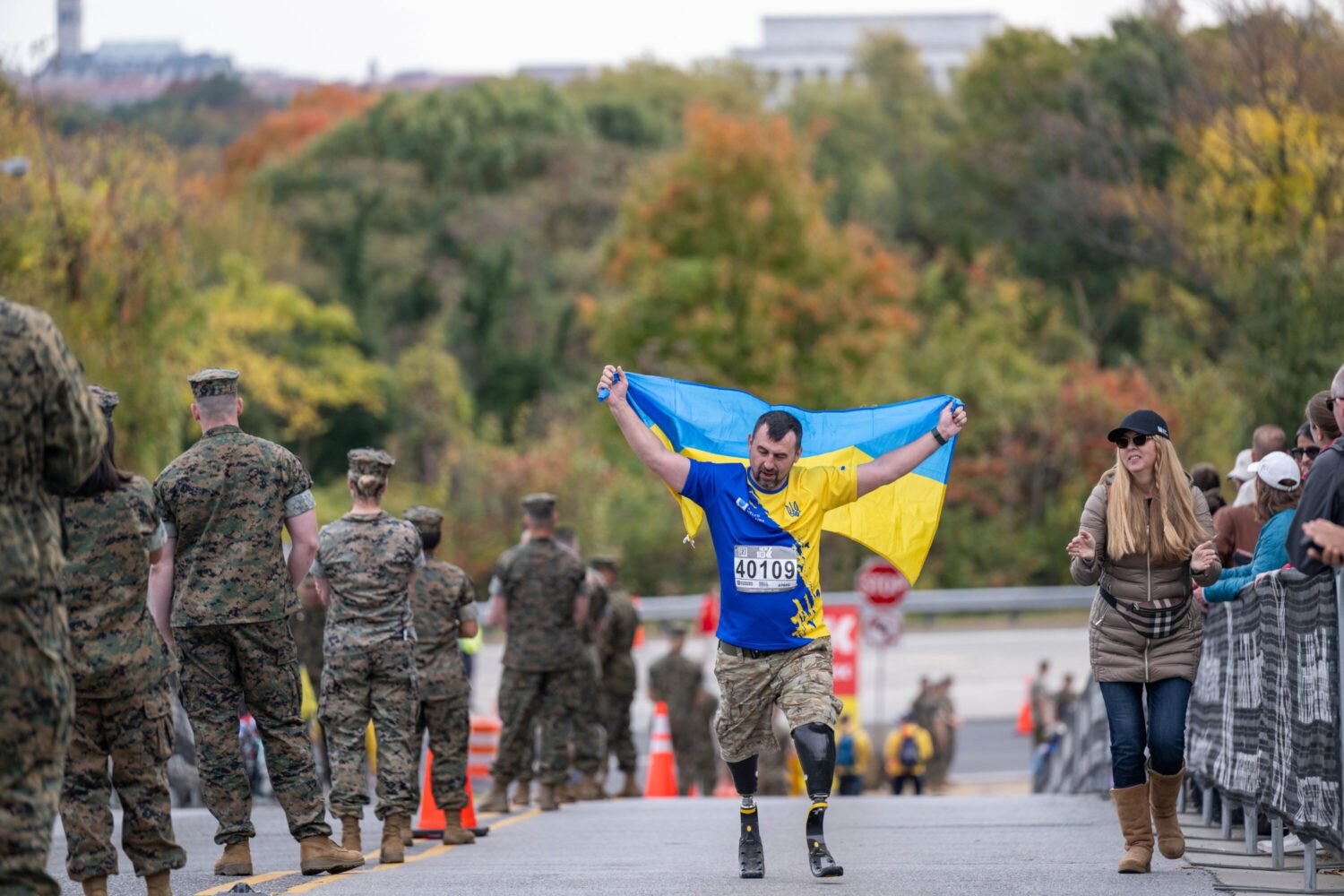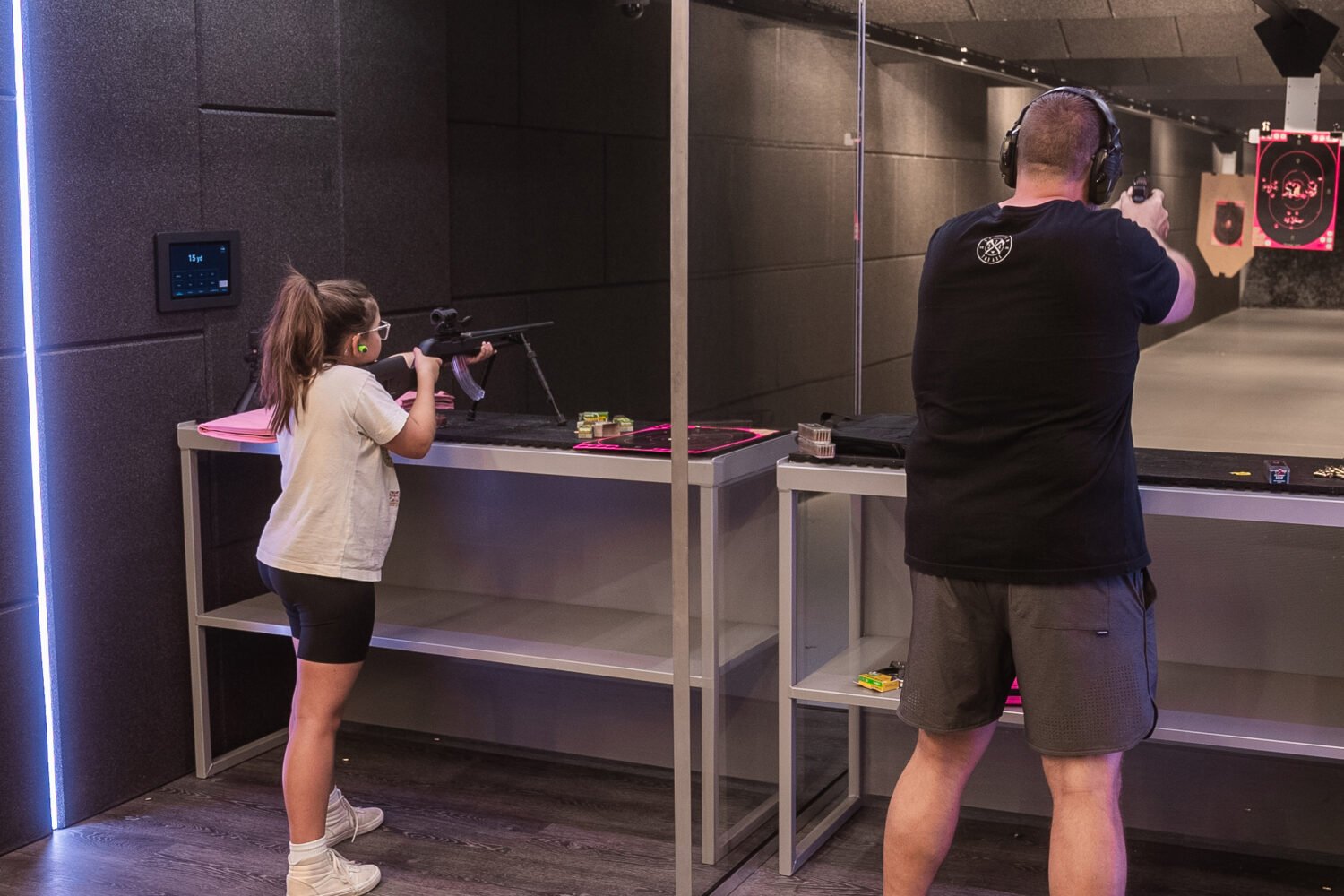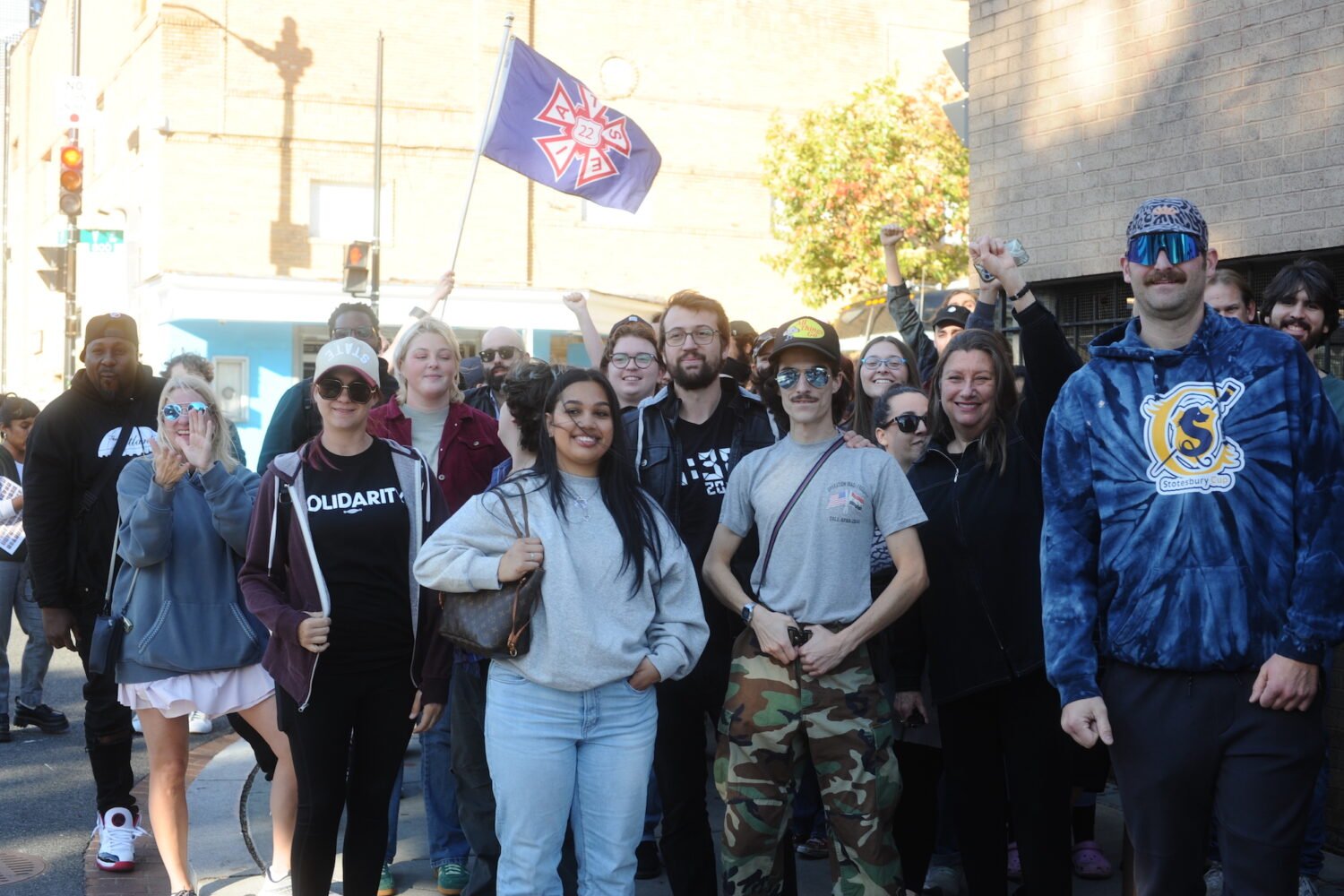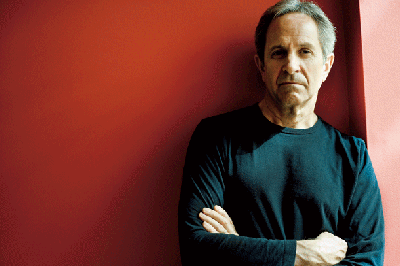
Homicide cops know former FBI agent Brad Garrett as Dr. Death. Name a big murder case in the last 15 years and chances are you’ll find Garrett at work. The 1995 killing of Nina Nguyen and her toddler, Ryobi, in Springfield; the 1997 triple slaying at Starbucks in Georgetown; the unsolved murder of Chandra Levy in Rock Creek Park in 2001; the 2003 shooting of three restaurant workers at Colonel Brooks’ Tavern near Catholic University. Garrett helped solve some of them. The unsolved ones still haunt him.
He’s best known for cracking a 1993 CIA murder case. A gunman approached cars waiting to enter CIA headquarters one morning that January. He shot five people and killed two, then vanished. It took Garrett four years to find Mir Aimal Kansi in Pakistan. Garrett is one of only a few US lawmen to hunt down, capture, and help prosecute a terrorist. Kansi asked him to witness his execution in 2002.
Garrett, 59, grew up in Anderson, Indiana, outside Indianapolis. He graduated from the University of Evansville and got a PhD in criminology from the University of Louisville. He retired from the FBI last year and is now writing and lecturing as well as consulting on violent crime and terrorism for ABC News.
We spoke in his brownstone in Old Town Alexandria, where he lives with his wife, Elisa Poteat, a DC federal prosecutor.
Because you’re one of the few federal agents to bring back a terrorist alive, has the CIA or FBI ever called for advice?
I’ve not had one conversation with the FBI or anybody else about investigating terrorism or catching fugitives overseas.
Do you think that makes any sense?
Well, no. One thing about bureaucracies is that when you walk out the door, you really never existed. But it doesn’t make any sense that after 9/11, not one person asked me about Afghanistan and Pakistan, and I’d just spent 4½ years there. Bureaucracies function by whoever is there at that moment.
As a child, did you imagine being an FBI agent?
I had always believed I would be a cop—not so much a uniformed cop but a homicide detective in a big-city police department like Los Angeles. I’m sure some of that was driven by TV shows like Adam-12.
The Vietnam War was on when you got out of college in 1970. Did that affect you?
I was about to get drafted, so I joined the Marine Corps. After Officer Candidate School, I did six months of basic training at Quantico; Ollie North was one of my instructors in infantry tactics. I was stationed at Camp Pendleton in Southern California for most of my tour and was released from active duty in 1974.
Did you stay in California to become a detective in LA?
I returned to the Midwest and got into a master’s program in criminology at Indiana State. I also became a probation officer with the US District Court in the southern district of Indiana. I finished the degree and was transferred to a probation-and-parole office in New Albany, Indiana, a mile from Louisville on the Ohio River. I operated a one-man office from 1975 to 1985.
What’s your take on the parole system?
At the end of the day, people don’t change because the system ordered them to go, for example, to some drug-testing program. I think this whole myth about the ability of society to change people is phony.
Probation or parole would be much more effective if we isolated our efforts on the small number of really difficult, hard-core people who are violating the law and let everybody else sort it out. People change and deal with their addiction problems because they want to.
So I found it very frustrating. In 1978 I enrolled in a PhD program at the University of Louisville.
Did the FBI come looking to recruit you?
I applied to a number of federal agencies, and the bureau hired me in March of ’85. I was sent to the Nashville office. When I arrived, the bureau was not investigating bank robberies. I volunteered to start a new liaison with the police.
But cops and FBI agents don’t easily mix.
The lieutenant there had not had a positive experience with the FBI. It had all been a one-way street. The police had given information and not gotten much credit. I said, “I understand what you are saying, but why don’t you just put up with me for a few days and see how I work with you?”
There was a lot of riding around in the first six months, lots of calls at midnight, 2 in the morning—will you come out to interview or arrest someone? And I went. They saw me as a working guy. They saw me as the doer. So from that point on, for the next 5½ years, it was a terrific relationship.
In a way, you accomplished your dream of being a homicide cop—for the FBI.
Right—I started off as a cop basically, because I was with them all the time. I was living Adam-12.
Did you get into any bank robberies?
I got into 60 bank robberies a year. And we had a lot of car chases. We entered houses with guns drawn, and the other guys had guns drawn. It was very exciting. In Nashville and the surrounding area, we got a lot of information immediately on car tags and car description. I would be on the way to the bank and they’d say, “It’s a red Chevrolet Caprice with the following Tennessee tag number,” so I would jump into the chase.
How did you get to Washington?
The bureau had a policy that you would be transferred to a big office after five years in a smaller town. In 1990, they sent me to the Washington Field Office.
DC was in the midst of a crack epidemic; there were 400 homicides a year.
Exactly. I was assigned to a squad that worked the stuff that I liked to work—bank robberies, kidnappings, child exploitation, drugs—all of the behavioral/violence stuff that the bureau gets involved in. So we would end up in drugs and guns as part of the cases.
And then everything changed in January ’93 when the CIA shooting happened.
How did you get involved?
At 8 in the morning, I was in the office, and a big chunk of the squad was out. A supervisor said, “There’s been a shooting at the CIA. I need you to go.”
I came up to the entrance 30 minutes after the shooting. People were dead in their cars. I remember how quiet it was. We were trying to get information on the people in these cars, what their connections were, if any, and of course who might have done the shooting.
Once we sorted out the details, I was essentially the lead agent for the FBI.
Was there tension between the FBI and CIA?
The bureau had a working relationship with the CIA, but the CIA has never, I believe, dealt with anyone like me, because I was stepping in not as an intelligence officer, not as a guy known for espionage, counterterrorism, counterintelligence—I was basically a cop. I didn’t have any agendas; I was trying to solve the double homicide. Call it what you want—call it terrorism, call it political—it was still a homicide.
How did you keep control of the case?
I said, “Look, you have your methods, and I’m not here to criticize that or even judge it, but you have to keep in mind, if you do anything in this case that has to do with facts or evidence we have to explain in court, you need to think about that. And so my suggestion to you is that you share those things with me and we talk about them and reach some common ground.”
And they were okay with that, because they were driven by the desire to catch him, prosecute him, and see that he got the death penalty.
Did you ever think you’d go to Pakistan to find him?
I just wasn’t sure. I wound up going to Pakistan off and on, every two or three months. I would stay a month or six weeks to track the leads. It was a difficult place to work. You really couldn’t work with the Pakistani law enforcement because it’s so poorly paid and very corrupt.
Pakistan and Afghanistan are tribal societies, and they all function from a particular location. If you don’t have sources who are of that tribe, you’re out of luck. We had to develop new sources—combined with the fact that this guy was considered a hero.
We had all these things working against us, and the people didn’t want to talk to us. We couldn’t arrest anybody there, so we had the deck stacked against us.
But I guess it’s like anything else; perseverance seems to pay off. We finally got what we needed—a source who gave us some really specific details about Kansi. They had recent pictures of him; they gave us a glass he had been drinking out of.
How did you get the source?
We got a call from a Pakistani who works for the US government in the consulate in Karachi.
Was there a reward?
At that point, it was $2 million.
So some of Kansi’s friends ratted him out for big bucks. Was it that simple?
Not quite. The sources put Kansi in a hotel in a little town called Dera Ghazi Khan. So along with the agent stationed in Pakistan and two agents from the embassy, I developed an operation and grabbed him. With the source’s help, we arrived at this small town at 4 in the morning. This was a town with one main street. It was dusty, it was dark, everything was almost surreal.
How did you apprehend Kansi?
We had the source knock on the door. They’re going to morning prayer at 4 in the morning. Light goes on, we hear the door unlatch, we kick the door, and we rush into the room. I quickly realized he might not be the guy because he’s got a beard, and it could be one of his brothers.
How did you make sure you had your man?
But I had his fingerprints with me. I had spent a lot of hours working with a fingerprint examiner so I could read his prints on the spot. Once we got him cuffed, I got right on top of him, took a thumbprint, and put the print on a piece of paper. I saw a match and knew he was our man. We got him in custody, and we got stuck for a couple of days in Pakistan. Then we put him aboard a military C-130 and flew him back here.
We brought him back in June 1997, he was convicted in November, and he was sentenced to death in January of ’98. During those two years, I developed a relationship with him.
Did you become friends?
I visited him regularly in jail because he had a lot of intelligence about Pakistan and Afghanistan and was in Afghanistan most of the time he was gone. He knew he had committed a horrible crime, and I had a job to do. He had respect for what I was doing; I showed him respect. Based on that, we got along. When he was on death row, I gave him money for toiletries. He paid me back.
He asked me to come to his execution, and I did. He was executed in November of ’02. I basically stood next to him.
How was it done?
Lethal injection. I wouldn’t recommend that anybody go to an execution.
But the case taught me so much about life and relationships and being respectful of people’s cultural heritage and traditions. All of that stuff is very important in getting people to help you.
It’s such a unique experience to work a case, go overseas, capture somebody, bring him back, get his confession—and then to go to his execution. It has a lot of elements that I’ve never had before in one case—and probably won’t again.
Was it satisfying on a personal level?
I’m not sure “satisfying” is the right word. It clearly was a sense of accomplishment, and it took so much out of my life for so many years. But I also wanted to move on, to get on with other cases.
We arrived back in the States with him on June 17, and July 4 weekend was the Starbucks triple murder. So within three weeks I was involved in another high-profile case.
Let’s talk about terrorism and torture. What does your experience tell you about extracting useful information?
It taught me that how you treat people, how you approach people is crucial—it doesn’t make any difference what part of the world you’re in. If you want people to talk to you, if you want them to be truthful, they have to bond with you on some level—feel like they can trust you. Sometimes it takes a lot of time, but that’s how you get people to talk.
What about methods that use coercion and torture?
I think by and large this is not a good idea because first of all it creates mistrust. It demonstrates that this is how you treat people. It always will work against you, because the next person you torture is going to get out, they’re going to tell people what happened to them, and then you’re going to have to deal with a relative or tribal leader or somebody from his or her community.
And long-term it works against you in maintaining and collecting information. You reap what you sow.
We’ve talked about your successful operations. What about the murders you couldn’t solve?
The Nina Nguyen case hurts. I mean, we have a case where a mother and child are kidnapped for ransom. And then five months after they disappear, we get a call about a guy fishing in a pond in Springfield who sees two heads protruding from a trash can. The idea of placing a mother and child in a trash can and throwing it into the water—that’s a whole other level in killing people.
That case will be 12 years old this fall. We had our hearts in that case—detectives in Fairfax County, myself, Chuck Knowles, who’s still working it for the FBI.
What about the Chandra Levy case?
Here’s the difficulty with that case: There's no clue as to what happened to her. Why did someone want to harm her? If this is a stranger crime—which means she was just the wrong person at the wrong time—then the motive is the desires and fantasies of some offender or predator in Rock Creek Park.
If that’s not the case, if her death is a result of someone she knows, then you still don’t know what the motive is. But we don’t know enough information to know that, because we don’t know what got her into the park. And you’ve got to know what got her into the park to advance the ball any further.
Something horrible happened to her, but we don’t know how or why. And believe me, we’ve tried every conceivable thing in that case. It’s very frustrating. I feel horrible for her parents.
Do you wish you were still in the FBI?
No. I feel I would be less able to work the type of cases I was able to work from 1985 to 2006. The FBI has different priorities, and they aren’t the stuff that I worked. You know that phrase—it’s all about timing in life.
I had a wonderful time being in the FBI doing what I loved doing, investigating homicide and violent-crime cases, and that’s just not at the forefront anymore in the FBI. Everything has a shelf life, and mine ran out with the FBI. I dearly miss investigating the cases, particularly the ones that were left open. But it was time to go.

